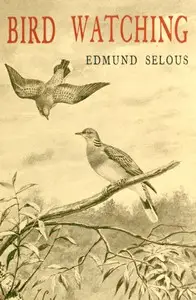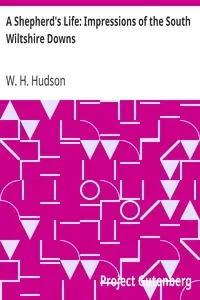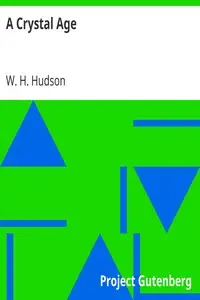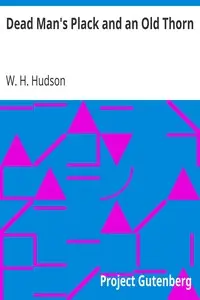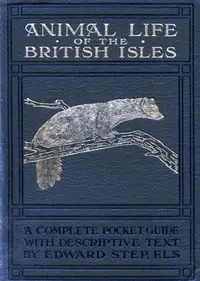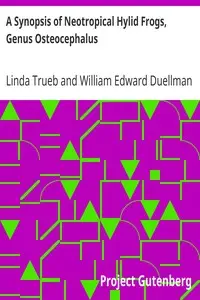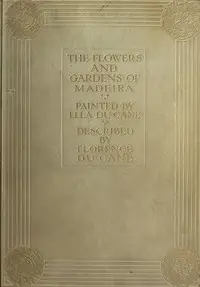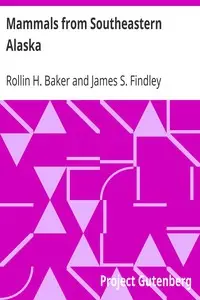"Birds and Man" by W. H. (William Henry) Hudson is a late 1800s study that examines the connections between birds and people by mixing bird behavior observations with philosophical thinking on nature. The book begins with the author describing his dislike for taxidermied birds in museums, which do not compare to the beauty of alive birds. Hudson recalls seeing a rare Dartford warbler in its natural habitat, highlighting the emotional bond when seeing wildlife. The chapter stresses the importance of experiencing birds in their own environments, instead of lifeless remains, setting the stage for greater discovery of charms and challenges by birds living with humanity.
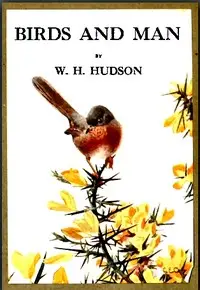
Birds and Man
By W. H. (William Henry) Hudson
Experience the author's journey as he finds a deeper meaning through bird behavior and philosophical thoughts, and his distaste for taxidermied birds.
Summary
About the AuthorWilliam Henry Hudson, known in Argentina as Guillermo Enrique Hudson, was an Anglo-Argentine author, naturalist and ornithologist. Born in the Argentinian pampas where he roamed free in his youth, he observed bird life and collected specimens for the Smithsonian Institution. The Patagonian birds Knipolegus hudsoni and Asthenes hudsoni are named after him. He would later write about life in Patagonia that drew special admiration for his style. His most popular work Green Mansions (1904), a romance set in the Venezuelan forest inspired a Hollywood movie and several other works.
William Henry Hudson, known in Argentina as Guillermo Enrique Hudson, was an Anglo-Argentine author, naturalist and ornithologist. Born in the Argentinian pampas where he roamed free in his youth, he observed bird life and collected specimens for the Smithsonian Institution. The Patagonian birds Knipolegus hudsoni and Asthenes hudsoni are named after him. He would later write about life in Patagonia that drew special admiration for his style. His most popular work Green Mansions (1904), a romance set in the Venezuelan forest inspired a Hollywood movie and several other works.

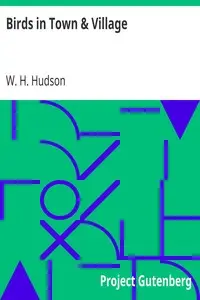
![Birds and Nature, Vol. 10 No. 3 [October 1901] by Various](https://cdn.a2-host.cloud/EU0S7n7O1bL3hzsFzwEo8vp1opZyedZFB2AHztG3ccI/rs:fill:215:325:0/g:ce/aHR0cHM6Ly9zcC1hc3NldHMuczMudXMtd2VzdC0wMDQuYmFja2JsYXplYjIuY29tL2Jvb2svNDk5ODIvQmlyZHNfYW5kX05hdHVyZV9Wb2xfMTBfTm9fM19PY3RvYmVyXzE5MDFfY292ZXIuanBn.webp)
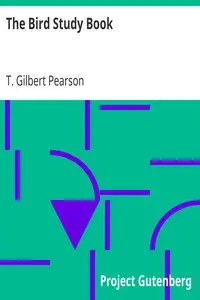
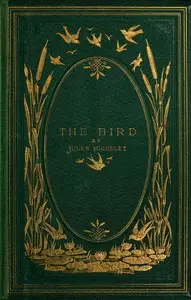
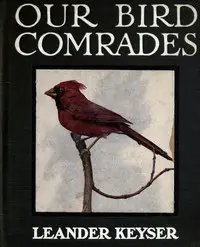
![Birds and Nature Vol. 09 No. 2 [February 1901] by Various](https://cdn.a2-host.cloud/DvZGTUkYRt-76e-tvKHQqb5NetZRArmbYVVMraO-RTo/rs:fill:215:325:0/g:ce/aHR0cHM6Ly9zcC1hc3NldHMuczMudXMtd2VzdC0wMDQuYmFja2JsYXplYjIuY29tL2Jvb2svNDc0ODgvQmlyZHNfYW5kX05hdHVyZV9Wb2xfMDlfTm9fMl9GZWJydWFyeV8xOTAxX2NvdmVyLmpwZw.webp)
